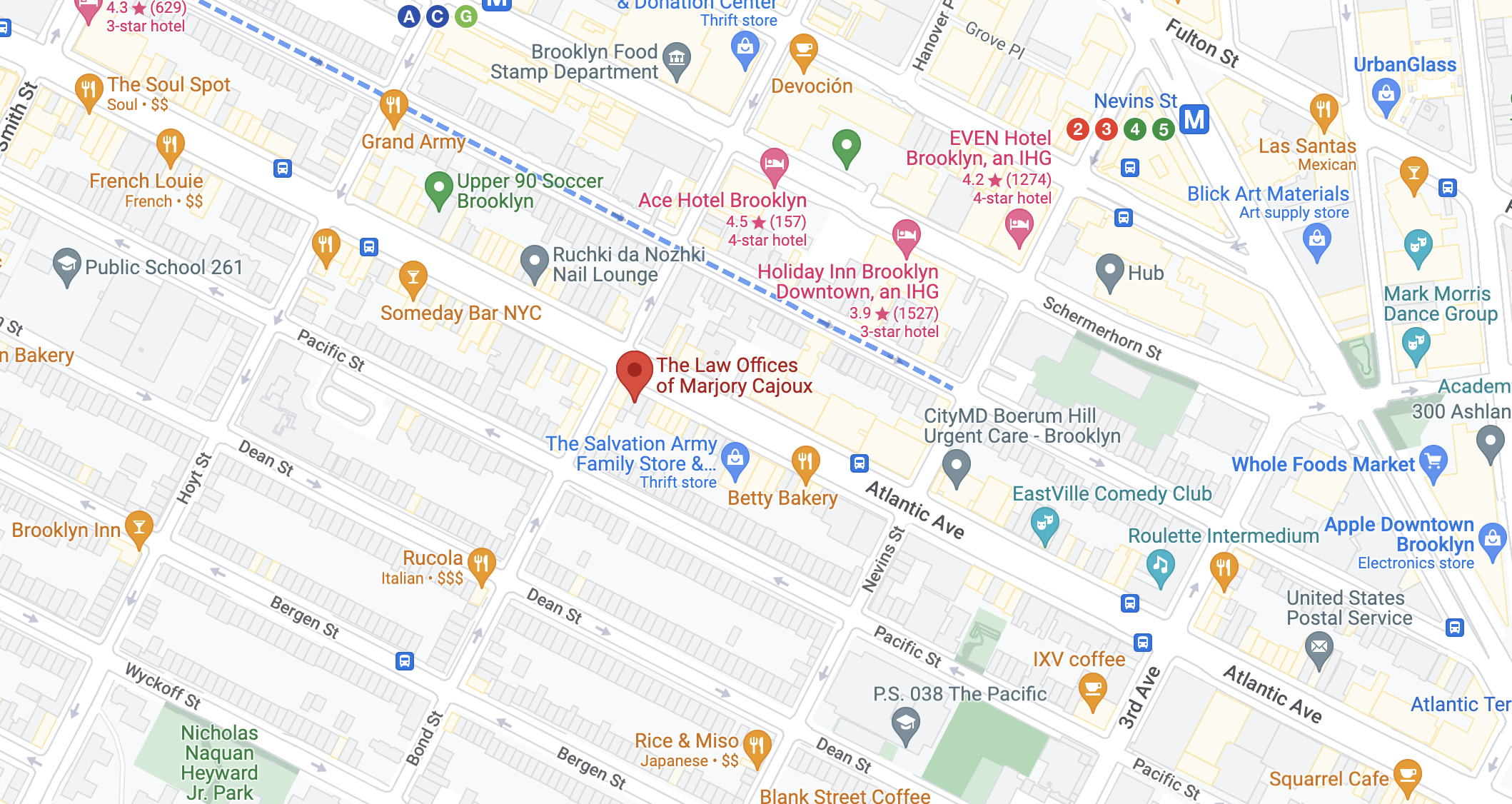Deciding to start your own business is a major investment and often a risk. Some people will split their time between working a job or income and building up a company. Others will set aside some money to live on while they start the company and leave their job so that they can focus entirely on getting their new business off the ground.
People can invest thousands of dollars in a company and months if not years of their lives before their businesses become successful. Even those with great ideas and an excellent work ethic could fail in their business undertakings.
Issues ranging from supply chain complications to personnel problems could prevent a business from becoming solvent or cause its collapse after years of operations. Those starting a business should aim for success, but they also need to protect themselves in case the business fails.
When a business fails, the owner is often responsible
One of the more common mistakes that people starting a new business make is not immediately trying to protect themselves from the liability that comes from running a business.
The biggest risk you have as someone starting a company isn’t that the company will fail but rather that a customer, employee, vendor, or third party will bring a lawsuit against your business. If the company can’t absorb those costs, you may need to cover any financial shortfalls yourself.
You might be personally responsible for the business’s financial losses
Product issues that leave someone hurt, allegations of discrimination, contract violations, and even unpaid bills in your company’s name could all lead to financial claims and court proceedings. When you are a sole proprietor or running a small professional practice, a ruling against the business could have implications for you as an individual.
If the company is no longer solvent or goes out of business, you could have an obligation to repay the creditors or the person with the judgment against the company. Your risk for such legal actions starts as soon as you release products to the public, open the facility, or hire anyone. Before you do any of those things, it is probably smart to protect yourself.
Formal business formation gives you a layer of protection
Filing paperwork to establish a limited liability corporation (LLC) or another, more complex incorporated form for your business helps protect you as an individual from the financial liabilities a business generates. As the owner, an LLC protects you from liability if the company fails or faces major claims in court.
Although some risk is inevitable when you start your own business, careful planning can help you avoid the biggest risks.






